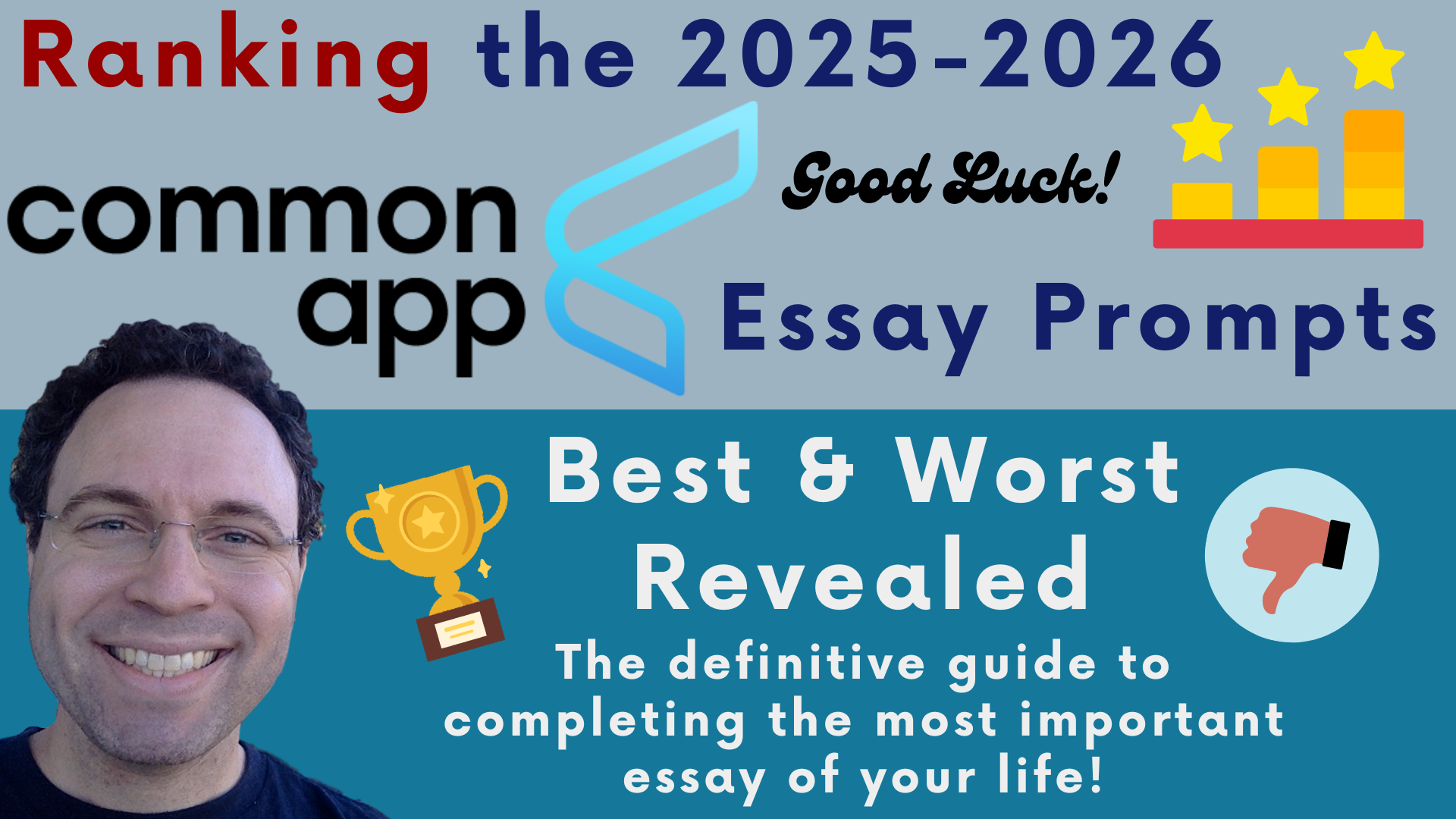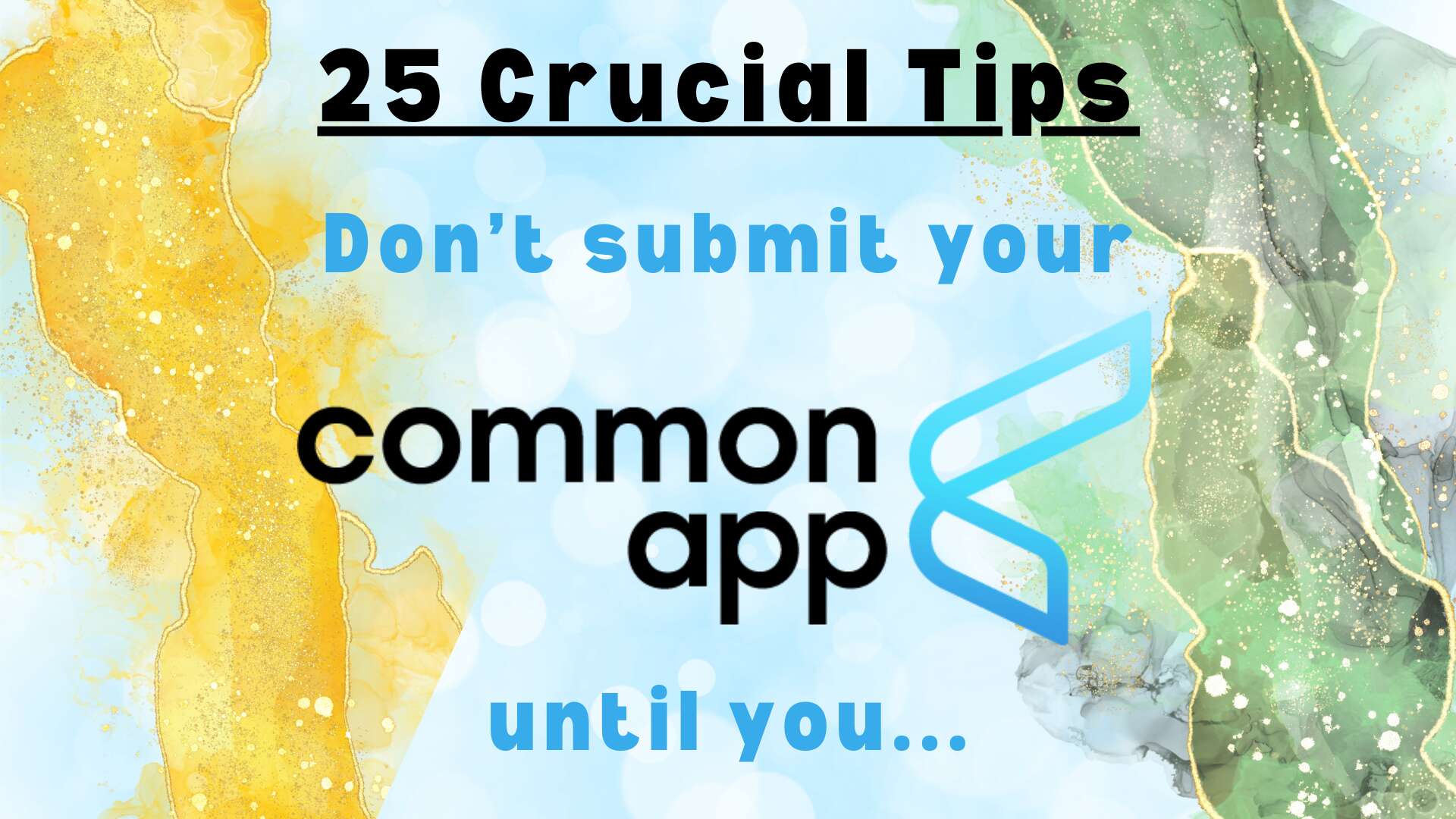 Your application journey includes creating an impressive college admissions essay, which holds great importance. This essay allows you to showcase your personality, which cannot be deduced from your scores and grades. However, a majority of students struggle with choosing a topic. Don’t worry if you’re having difficulty with the brainstorming stage; this guide will explore useful methods to help you uncover genuine ideas that will elevate your essay.
Your application journey includes creating an impressive college admissions essay, which holds great importance. This essay allows you to showcase your personality, which cannot be deduced from your scores and grades. However, a majority of students struggle with choosing a topic. Don’t worry if you’re having difficulty with the brainstorming stage; this guide will explore useful methods to help you uncover genuine ideas that will elevate your essay.
1. Start With Self-Reflection
Before you put pen to paper, take some time to reflect on your life experiences. Ask yourself:
- What moments in your life shaped who you are today?
- What challenges have you overcome?
- What are your proudest accomplishments?
- What values do you live by?
Your objective is not to find the most astounding story or the most captivating one. Instead, you are searching for experiences that are true and show what you went through and how you grew as a person. Change can be a result of simple moments just as much as it comes from big life changing events.
2. Explore Argumentative and Persuasive Ideas
Remember that while searching for the topic of your essay, the fact that it is an argumentative essay shouldn’t limit you. You can explore deeper into these topics even if it is not an argumentative essay. Explore them as they could serve as good inspiration and may get you excited, especially if these issues are ones you care about.
Check out this list of argumentative essay ideas from Empowerly. You may find a topic that resonates with you, prompting memories or opinions worth exploring in your college essay.
Similarly, this article on persuasive speech topics for students might guide you toward themes or experiences you feel strongly about and want to explore in essay form.
3. Revisit Your Extracurriculars and Interests
What you do outside the classroom often speaks volumes about who you are. Your extracurriculars can serve as a foundation for your essay—especially if you can show how these activities tie into your aspirations or personal growth.
Think about:
- Leadership roles you’ve taken on
- Projects or causes you’ve initiated or supported
- Unexpected lessons from hobbies or part-time jobs
Sometimes, debate topics can reveal what sparks your curiosity and critical thinking. Empowerly’s 100 debate topics for high schoolers can be a useful prompt bank. Ask yourself which of these topics interest you and why—that “why” can lead to a compelling personal story.
4. Analyze Successful College Essays
It’s helpful to read examples of strong admissions essays, not to copy them, but to see what works. Notice how these essays often revolve around specific moments or realizations rather than general traits or lists of achievements.
This guide on how to write a college essay outlines the essential elements of a compelling narrative, including voice, structure, and emotional depth. Use it as a checklist as you brainstorm potential stories.
5. Use a Structured Brainstorming Method
Try using frameworks like:
- The Values Exercise: Consider listing 10 fundamental values and telling stories that encapsulate them.
- The Timeline Approach: Draw a timeline of your life highlighting significant events, struggles, and milestones.
- The “What If” Test: Contemplate what is missing from life without a certain activity, belief, or experience, and then probe that idea.
Final Thoughts
There is no need to stress over crafting ideas for your college admission essay. Analyzing your past, passions, and even self-reflective prompts can facilitate deep level thinking. Just be kind to yourself because some of the best ideas require work to find.
With the resources Empowerly offers, including expert prompt selection and essay writing tips, you will be able to create a premolst statement that stays true to your identity and is powerful at the same time.


 Many high school seniors race to submit their college applications in the days right before their deadlines. Sad to say, most high school seniors completing the
Many high school seniors race to submit their college applications in the days right before their deadlines. Sad to say, most high school seniors completing the  Incorporating the arts into education is not just about learning to draw or play music; it’s about creating a richer, more holistic approach to education that can significantly enhance students’ academic and personal development. Arts integration serves as a catalyst for creativity and innovation, helping students to develop a suite of skills that are crucial in today’s diversified and fast-paced world.
Incorporating the arts into education is not just about learning to draw or play music; it’s about creating a richer, more holistic approach to education that can significantly enhance students’ academic and personal development. Arts integration serves as a catalyst for creativity and innovation, helping students to develop a suite of skills that are crucial in today’s diversified and fast-paced world.  The UCAS Personal Statement is being put out to pasture by the powers that be in UK higher education – and for better or worse (depending on one’s perspective) this is going to be a long goodbye: the replacement for the UCAS Personal Statement isn’t slated to debut until Fall 2025 (for those applying for 2026 admission).
The UCAS Personal Statement is being put out to pasture by the powers that be in UK higher education – and for better or worse (depending on one’s perspective) this is going to be a long goodbye: the replacement for the UCAS Personal Statement isn’t slated to debut until Fall 2025 (for those applying for 2026 admission). Duke University has released its
Duke University has released its  Caltech, hot on the heels of announcing that
Caltech, hot on the heels of announcing that  University of Chicago has revealed its 2024-2025 admissions cycle supplemental essay prompts, and they’re as distinctive as ever before.
University of Chicago has revealed its 2024-2025 admissions cycle supplemental essay prompts, and they’re as distinctive as ever before. Navigating the college admissions process can be a daunting task for students and their families. With so many steps and important deadlines, it’s easy to feel overwhelmed.
Navigating the college admissions process can be a daunting task for students and their families. With so many steps and important deadlines, it’s easy to feel overwhelmed.  3. Understand Admission Requirements
3. Understand Admission Requirements Applying to college can feel like a daunting process. With so many qualified candidates, how can you make sure your application stands out? Here are seven crucial strategies to enhance your college admissions application and increase your chances of getting into your dream school.
Applying to college can feel like a daunting process. With so many qualified candidates, how can you make sure your application stands out? Here are seven crucial strategies to enhance your college admissions application and increase your chances of getting into your dream school.